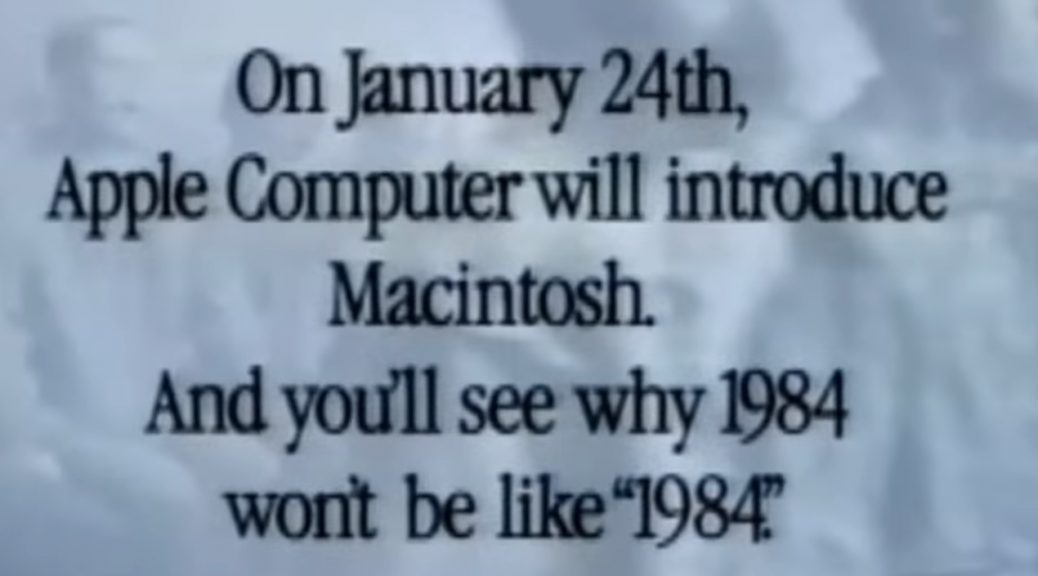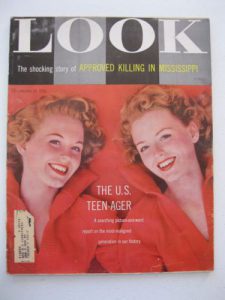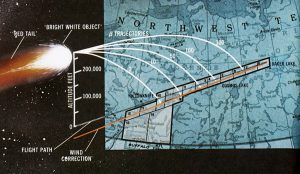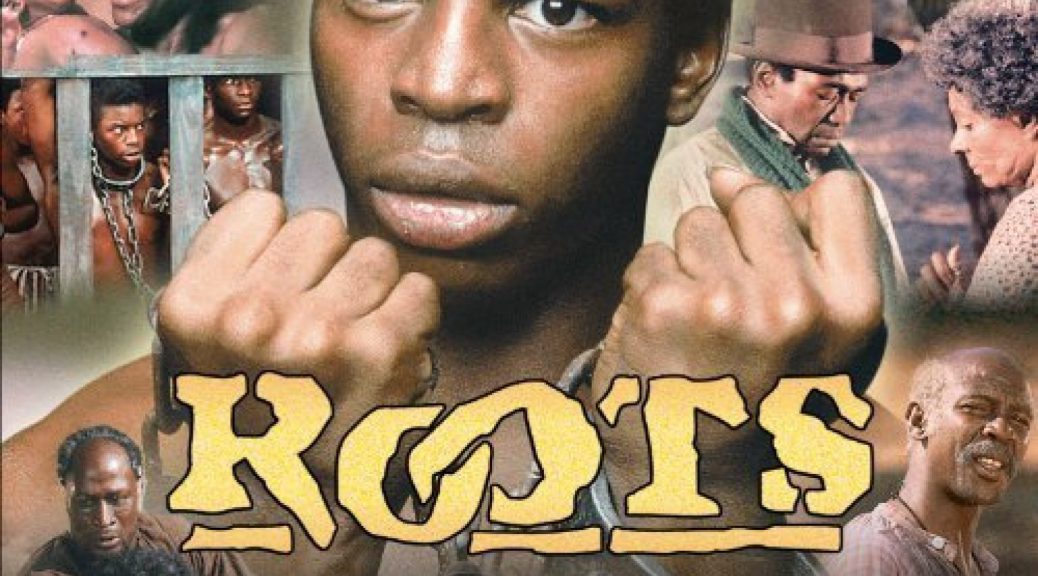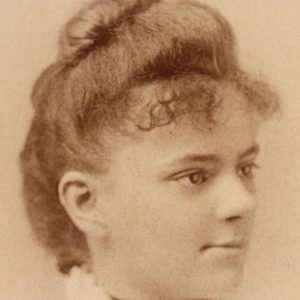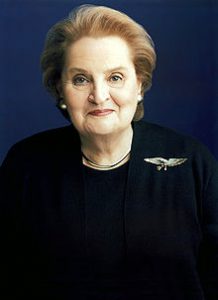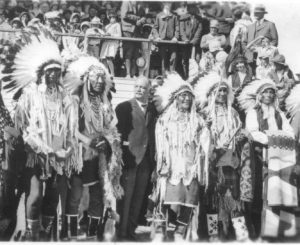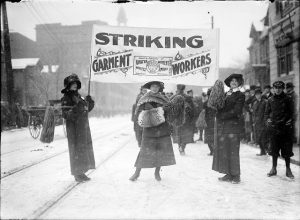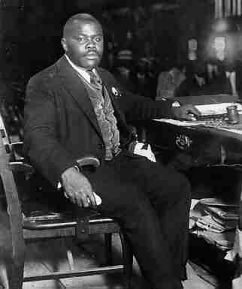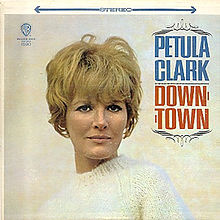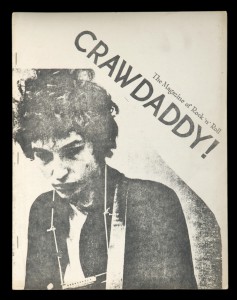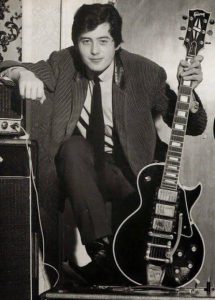January 24 Peace Love Art Activism
BLACK HISTORY
Scottsboro Travesty
January 24, 1936: while being transported to Birmingham Prison, Ozie Powell attacked a deputy sheriff. Sheriff Jay Sandlin shot Powell in the head. He lives, but suffers from brain damage for the rest of his life. (see Scottsboro for expanded story)
Emmett Till
January 24, 1956: Look magazine published the confessions of J.W. Milam and Roy Bryant, the two white men who were acquitted in the 1955 kidnapping and murder of Emmett Louis Till.
In the article, titled “The Shocking Story of Approved Killing in Mississippi,” the men detailed how they beat Till with a gun, shot him and threw his body in the Tallahatchie River with a heavy cotton-gin fan attached with barbed wire to his neck to weigh him down. The two killers were paid a reported $4,000 for their participation in the article, (see expanded Emmett Till story)
Montgomery Bus Boycott
January 24, 1956: Montgomery Mayor Gayle urged whites to stop offering rides to blacks who work for them. (next BH, see Feb 2; see expanded Boycott story)
MARTIN LUTHER KING, JR
January 24, 1960: Martin Luther King became co-pastor of Ebenezer Baptist Church with his father, “Daddy King.” (BH, see Feb 1; MLK, see Oct 19)
Albany Movement
January 24, 1963: the Dougherty County Board of Education rejected voluntary integration of local schools. (next BH, see Feb 8; see AM for expanded story)
Muhammad Ali
January 24, 1964: Ali took an Army evaluation test. (next Ali, see Feb 18; test, see Mar 3)
Dee/Moore Murders
January 24, 2007: a federal grand jury indicted James Ford Seale. (see DM for expanded chronology)
BLACK & SHOT
January 24, 2017: Los Angeles County prosecutors announced that they would not criminally charge Officers Sharlton Wampler and Antonio Villegas who shot and killed Ezell Ford during a clash near his South L.A. home on August 11, 2014. (see March 26)
BLACK & SHOT/Jenkins and Parker
January 24, 2023: six white law enforcement officers, five from the Rankin County Sheriff’s Office and one from the Richland Police Department, tortured two black men, Michael Jenkins and Eddie Parker, at a home in Braxton, Mississippi. Police were called to the home by a white neighbor who reported that Jenkins and Parker had entered a home with a white woman. The six officers, who referred to themselves as the “Goon Squad“, entered the house without a warrant, then proceeded to torture Jenkins and Parker over the course of the next hour and a half. [Wikipedia entry] (next B & S, see Apr 17; next Parker & Jankins, see March 19, 2024)
January 24 Peace Love Art Activism
Vietnam
FDR and Vietnamese Independence
January 24, 1944 President Roosevelt wrote that “Indo-China should not go back to France…France has had the country…one hundred years and the people are worse off than they were at the beginning.” Roosevelt envisioned a post-World War II trusteeship for Indochina. (see July 8)
Laos & herbicides
January 24, 1982: a draft of Air Force history reported that the U.S. secretly sprayed herbicides on Laos during the Vietnam War. (see Mar 26)
Nuclear/Chemical News
IAEC
January 24, 1946: the UN established the International Atomic Energy Commission. (see Mar 28)
B-52 bomber broke up in mid-air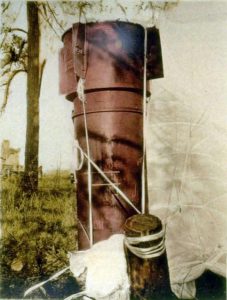
January 24, 1961: a B-52 bomber broke up in mid-air and accidentally dropped two Mark 39 hydrogen bombs over Goldsboro, North Carolina. As bombs fell, one of the devices behaved precisely as a nuclear weapon was designed to behave in warfare: its parachute opened, its trigger mechanisms engaged, and only one low-voltage switch prevented its explosion.
Each bomb carried a payload of 4 megatons – the equivalent of 4 million tons of TNT explosive. Had the device detonated, lethal fallout could have been deposited over Washington, Baltimore, Philadelphia and as far north as New York city – putting millions of lives at risk. (NYT article) (see July)
Nuclear-powered Soviet satellite
January 24, 1978: a nuclear-powered Soviet satellite, Cosmos 954, plunged through Earth’s atmosphere and disintegrated, scattering radioactive debris over parts of northern Canada. (see March 28, 1979)
January 24 Peace Love Art Activism
January 24 Music et al
The Quarry Men
January 24, 1958: The Quarry Men performed at the Cavern in Liverpool. This would be the Beatles only performance billed as The Quarry Men at the club. It would three years before the band would turn up again at the Cavern but under their new name. (see Feb 6)
see Bob Dylan Talkin’ New York for more
January 24, 1961: Dylan arrived in New York City. He caught a subway down to Greenwich Village and to the Cafe Wha?. It was hootenanny night and the place was half-empty. Dylan asked the owner, Manny Roth, if he could perform — and he did, playing a short set of Woody Guthrie songs.
In the following weeks, Dylan would appear occasionally at the coffee-house, playing harmonica (“blowin’ my lungs out for a dollar a day” is how he put it in his early song, Talkin’ New York) behind Mark Spoelstra and Fred Neil, writer of Dolphins and Everybody’s Talkin’. (next Dylan, see Jan 29)
Brian Epstein
January 24, 1962: Beatles signed Brian Epstein to manage group. (see Mar 7)
January 24 Peace Love Art Activism
Technological Milestone/Bob Dylan
January 24, 1984: Apple Computer began selling its first Macintosh model, which boasted a built-in 9-inch monochrome display, a clock rate of 8 megahertz and 128k of RAM.
At the Annual Apple Shareholders meeting, Steve Jobs had quoted the second verse of Bob Dylan’s “The Times They Are A’Changin’:
| Come senators, congressmen Please heed the call Don’t stand in the doorway Don’t block up the hall For he that gets hurt Will be he who has stalled |
There’s a battle outside And it is ragin’. It’ll soon shake your windows And rattle your walls For the times they are a-changin’. |
(NYT article) (TM, see Aug 30; Dylan, see January 3, 2009)
January 24 Peace Love Art Activism
Sexual Abuse of Children
Bishop Bernard Francis Law
January 24, 1984: the Vatican-appointed Bishop Bernard Francis Law — Harvard educated and active in the civil rights movement in Mississippi during the 1960s — to head the Catholic archdiocese of Boston. He will be elevated to cardinal a year later.
1985
In 1985 the Rev. Thomas Doyle, a canon lawyer for the Vatican embassy in Washington, wrote a confidential memo for the nation’s Catholic bishops citing 30 cases with 100 sexual abuse victims and projecting a cost to the church of $1 billion over 10 years.
2002
In 2002 Law will leave his post on the same day that he reportedly was ordered to appear before a grand jury investigating his cover up of sex abuse allegations. (see In June 1985)
Larry Nassar
January 24, 2018: in Lansing, Michigan, Judge Rosemarie Aquilina sentenced Larry Nassar to 40 to 175 years in prison.
Nassar had hung his head and cried periodically during seven days of impact statements from more than 150 athletes who said he sexually abused them. Nassar told a courtroom that he would carry their words with him “for the rest of my days” before he was sentenced.
Prosecutor Angela Povilaitis had asked Aquilina to sentence Nassar to up to 125 years — one year for every person who had submitted a police report at the time of his guilty plea. The plea deal set sentencing guidelines at 25 – 40 years, which means that Nassar had the option to back out of the agreement because Aquilina sentenced him to more than 40 years. (SAC & Nassar, see Jan 26)
January 24 Peace Love Art Activism
Feminism
January 24, 1994: The Supreme Court ruled unanimously that protesters who block access to abortion clinics or in other ways conspire to stop women from having abortions may be sued under federal anti-racketeering statutes. (NYT article) (see Mar 12)
January 24 Peace Love Art Activism
CLINTON IMPEACHMENT
Clinton gets assistance
January 24, 1998: President Clinton asked former Deputy White House Chief of Staff Harold Ickes and former Commerce Secretary Mickey Kantor to return to the White House to help deal with the controversy. Talks continue between Starr and attorneys for Lewinsky over a possible immunity agreement.
Monica Lewinsky
January 24, 1999: Monica Lewinsky submits to a nearly two-hour interview with House prosecutors; they call the session “productive” but Lewinsky’s lawyer says it added nothing new to the record. (NYT article) (see Clinton for expanded story)
January 24 Peace Love Art Activism
LGBTQ
Mississippi
January 24, 2017: Mississippi Gov. Phil Bryant (R) signed into law a bill that allowed businesses to refuse services to gay couples based on religious objections. The new law stated that it protected “sincerely held religious beliefs or moral convictions,” including the belief that marriage was only between a man and a woman and that sexual relations should only occur in such a marriage. It also said that a person’s gender is “determined by anatomy and genetics at time of birth” and went on to say that businesses can determine who is allowed to access bathrooms, dressing rooms and locker rooms. (see Jan 30)
Pope Francis
January 24, 2023, LGBTQ+: Pope Francis criticized laws that criminalize homosexuality as “unjust,” saying God loves all his children just as they are and called on Catholic bishops who support the laws to welcome LGBTQ people into the church.
“Being homosexual isn’t a crime,” Francis said during an interview with The Associated Press.
Francis acknowledged that Catholic bishops in some parts of the world support laws that criminalize homosexuality or discriminate against LGBTQ people, and he himself referred to the issue in terms of “sin.” But he attributed such attitudes to cultural backgrounds, and said bishops in particular need to undergo a process of change to recognize the dignity of everyone. (next LGBTQ+, see Jan 28)
January 24 Peace Love Art Activism
Trump Impeachment
January 24, 2020: the NYT reported that House Democrats concluded their arguments against President Trump by portraying his pressure campaign on Ukraine as part of a dangerous pattern of Russian appeasement that demanded his removal from office.
The impeachment managers argued that Trump’s abuse of power had slowly shredded delicate foreign alliances to suit his own interests.
“This is Trump first, not America first, not American ideals first,” said Representative Adam B. Schiff of California, the lead House manager. “And the result has been, and will continue to be, grave harm to our nation if this chamber does not stand up and say this is wrong.”
Schiff also appealed to the consciences of Republican senators weighing whether to hear from witnesses and seek more documents that Trump had suppressed. (next TI, see Jan 25 or see Trump for expanded chronology)
January 24 Peace Love Art Activism
Space
January 24, 2021: SpaceX successfully launched an ambitious rideshare mission as one of its veteran boosters hoisted 143 small satellites — a new record for a single rocket — into space before nailing a landing at sea.
The two-stage Falcon 9 rocket lifted off from the Space Launch Complex 40 at Cape Canaveral Space Force Station in Florida.
Perched atop the veteran launcher was a stack of 143 satellites as part of SpaceX’s first dedicated rideshare mission, called Transporter-1. The flight allowed SpaceX to flex its ridesharing muscles in a carefully choreographed orbital ballet as its flagship rocket ferried its largest number of payloads yet. [Space.com article] (next Space, see Feb 18)
January 24 Peace Love Art Activism
Fair Housing
January 24, 2025: according to an article by the National Low Income Housing Coalitions, the Trump administration’s first actions in office would worsen an already housing crisis by:
- Undermining efforts to repair racial and social inequities in housing and homelessness. By directing federal agencies to terminate all diversity, equity, inclusion, and accessibility (DEIA) practices and policies and rescind previous executive actions expanding DEI efforts to underserved communities, the Trump administration undermines efforts to address historic and ongoing systemic racism, ensure a diverse federal workforce, and enforce fair housing and civil rights laws. Without this commitment, we cannot fully end our country’s housing crisis, which disproportionately impacts Black, Indigenous, and people of color communities.
- Weakening HUD’s ability to administer and oversee congressionally approved federal housing investments. HUD staff are deeply committed to the agency’s mission and have deep subject-matter expertise, but they are also under-resourced, understaffed, and overworked. An executive action instituting a hiring freeze will prevent HUD from hiring essential staff and slow down the agency’s ability to help states and communities address their most pressing housing needs.
- Putting marginalized people at greater risk of harassment, discrimination, housing instability, and homelessness. By denying fair housing and civil rights protections to LBGTQ individuals and directing HUD to rescind protections for transgender people experiencing homelessness and seeking shelter, this executive action could lead to more people experiencing unsheltered homelessness, putting lives at risk.
- Undermining state and local efforts to address housing and homelessness. In an executive order, President Trump directed federal agencies to prevent sanctuary jurisdictions, or jurisdictions that limit or deny cooperation with federal immigration enforcement, from receiving critical federal investments. If this executive order is used to deny states and localities access to federal housing, homelessness, and community development investments, it would undermine local governments’ ability to help families purchase a home, build more affordable rental housing, and prevent and address homelessness.
- Harming people at their moments of greatest need. The Trump administration rescinded guidelines that prohibit immigration enforcement from arresting undocumented people in “sensitive” areas. By allowing immigration law enforcement to target disaster relief centers and domestic violence and homeless shelters, the administration is cruelly denying immigrant families, including U.S. citizen children, safety and creating fear. This action will deter them from seeking critical assistance when they need help the most and leave them with no safe place to go. [NFHC article] (next FH, see Feb 14)

